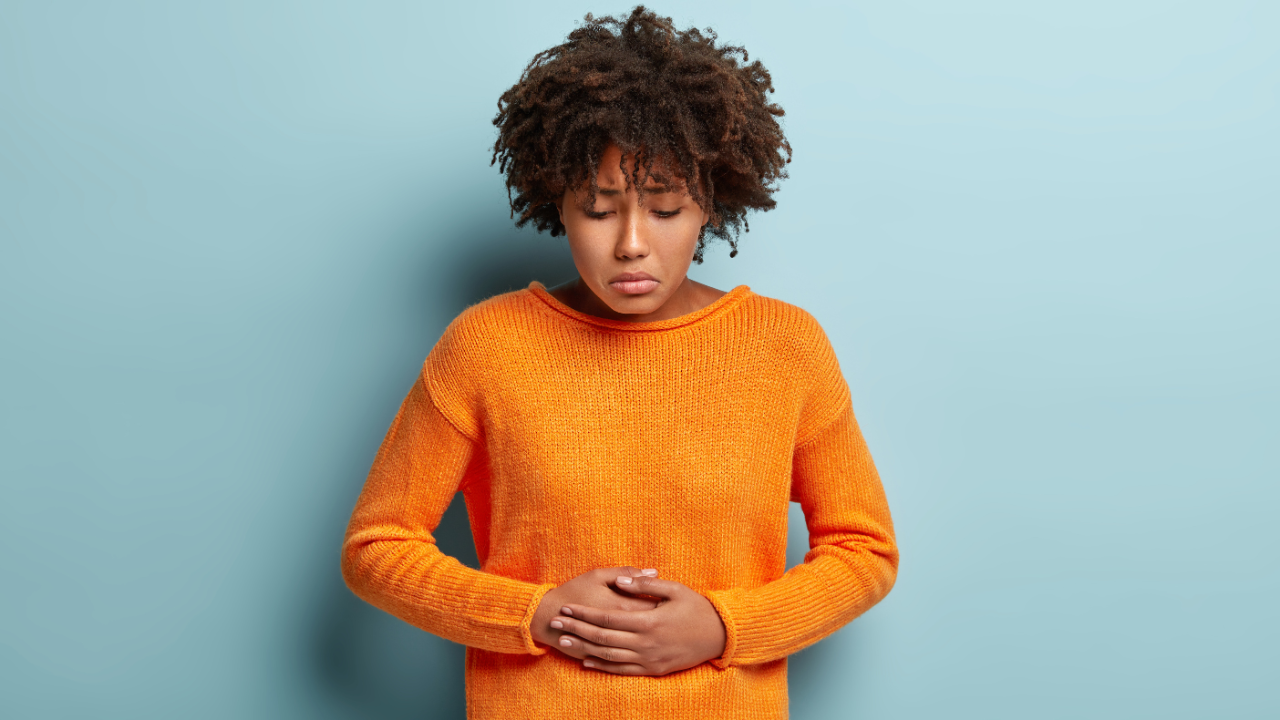
If you didn't already know, April is Stress Awareness Month. It's an event that's been held every April since 1992, specifically introduced to increase awareness surrounding the impact of stress, and how it can be relieved.
However, whilst the link between mental health and physical health is becoming increasingly known, there isn't wide amount of knowledge surrounding the connection between stress levels and digestive issues. Stress manifests in a variety of ways, such as headaches, difficulty concentrating, anxiety and insomnia, but it can also affect your gut, causing stomach cramps, acid reflux and other issues.
With this in mind, I spoke to Andrea Burton, Technical Advisor at Bio-Kult, who shared the three surprising ways mental health can affect your gut. With a lot of research focused in this area over the past few years, it was fascinating to learn more about this bidirectional link, especially after realising how related these two things can be.
1. It's harder to digest food
Studies have shown that stress and depression can reshape the composition of the gut microbiome through stress hormones, inflammation and alterations to the nervous system. When our ‘fight or flight’ stress response is activated, blood supply to the digestive system is suppressed and sent to other organs of the body. This makes it harder for us to digest our food, especially as the digestive system is particularly vulnerable to stress.
As a result of this, it's been proven that live bacteria supplements may be beneficial in helping to manage the symptoms of stress. Check out my favourite supplements for staying healthy if you're interested.
2. You'll get sugary food cravings
When we feel low, we often crave comforting carbohydrates. Whilst carbohydrates make us feel good initially, consuming these sugary foods can bring on a crash in blood sugars, followed by a crash in energy and mood. These sugary carbohydrates are also not great for our gut microbes, especially in foods such as white bread, pasta, cakes and sweets.
If you want to avoid the dreaded energy slump and improve your digestion, opt for carbs such as whole grains and vegetables, even when you're feeling a little low.
3. You'll drink more coffee
Coffee is often the ‘go-to’ pick-me-up when we are feeling a bit low and need a kickstart to the day. This can happen after a bad night’s sleep, a common occurrence when your mental health is struggling. However, coffee consumption is also known to induce a change in the composition of the gut microbiota, which isn't good for your digestion.
If you feel restless or anxious after drinking coffee, you should swap to green tea. Green tea still contains caffeine (although generally less than half the amount of coffee) so has similar energy boosting capabilities, but it also contains antioxidants and Theanine. Theanine is known to increase a calming neurotransmitter known as GABA, which may help with lowering anxiety levels.
Interested in more? Try these five breathing hacks for better sleep.







